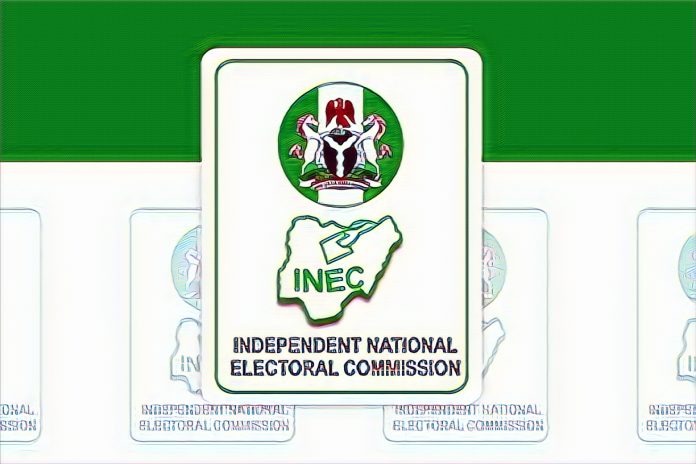The Independent National Electoral Commission (INEC) has issued certificates of return to the winners of the rerun and by-elections held on February 3, 2024. The elections were conducted in 26 states across the country, with seven political parties securing seats in both the National and State Houses of Assembly.
The certificates were presented by INEC national commissioners representing each of the states where the elections took place. The winners were declared by the commission after verifying the results and resolving any disputes or complaints.
A mixed bag of results
The elections were seen as a test of the popularity and performance of the ruling All Progressives Congress (APC) and the main opposition People’s Democratic Party (PDP), as well as other smaller parties that have emerged in recent years.
The APC won three senatorial seats in Ebonyi, Plateau, and Yobe states, while the PDP retained its seat in Anambra Central. The Action Democratic Party (ADP) also clinched a senatorial seat in Plateau North, making it the first time the party has won a seat in the upper chamber of the legislature.
The House of Representatives seats were more evenly distributed among the parties, with the APC winning four, the PDP three, the Young Progressives Party (YPP) two, the Labour Party (LP), and the New Nigeria Peoples Party (NNPP) one each.
The State Houses of Assembly seats were also shared among various parties, with the APC winning 11, the PDP eight, the All Progressives Grand Alliance (APGA) three, and the ADP, LP, NNPP, and YPP one each.
Implications for 2025 elections
The rerun and by-elections have given a glimpse of the political landscape and the possible scenarios for the 2025 general elections, which are less than a year away. The results show that the APC and the PDP are still the dominant forces in the country, but they also face challenges from new and emerging parties that have gained some traction among the electorate.
The elections also reflect the regional and ethnic dynamics that often shape the voting patterns in Nigeria. The APC performed well in the northern and southwestern regions, where it has strong support bases, while the PDP maintained its hold on the southeastern and south-south regions, where it enjoys the backing of most voters.
The elections also revealed some of the issues and factors that may influence the outcome of the 2025 polls, such as the security situation, the state of the economy, the performance of the incumbents, the quality of the candidates, and the credibility of the electoral process.
A call for electoral reforms
As the country prepares for the 2025 elections, many stakeholders have called for urgent and comprehensive reforms of the electoral system to ensure free, fair, and credible polls. Some of the areas that need improvement include the legal framework, voter registration, technology, security, funding, and oversight of the electoral body.
The INEC chairman, Prof. Mahmood Yakubu, has assured Nigerians that the commission is committed to delivering on its mandate and improving on its previous achievements. He said the commission is working on enhancing voter education, the logistics, the transparency, and the accountability of the electoral process.
Prof. Mahmood Yakubu also appealed to the political parties, the candidates, the civil society, the media, and the public to cooperate and support the commission in its efforts to conduct successful elections in 2025.
He expressed optimism that the 2025 elections will be peaceful, credible, and democratic and that they will reflect the will of the Nigerian people.
Source: Punch



